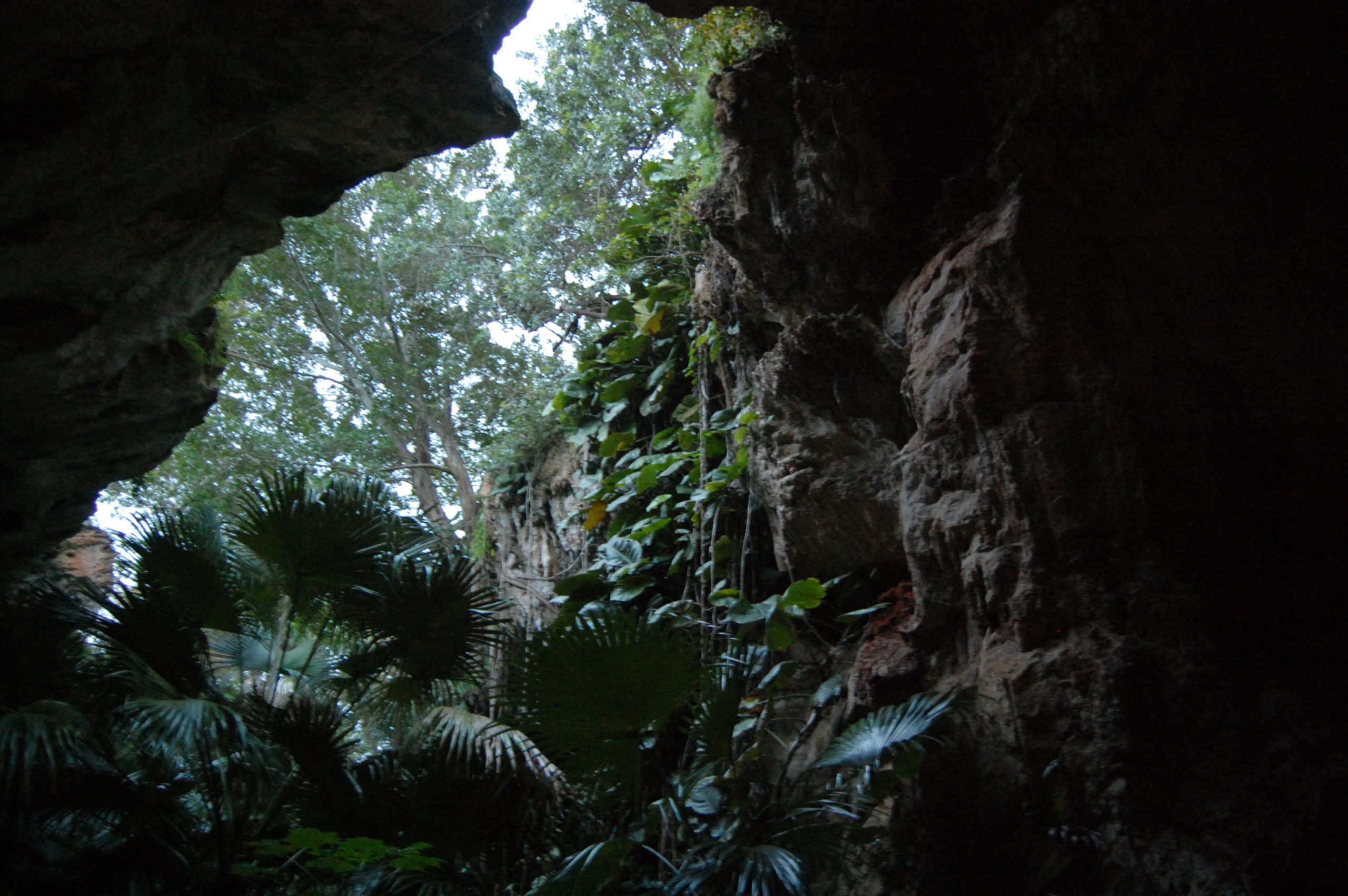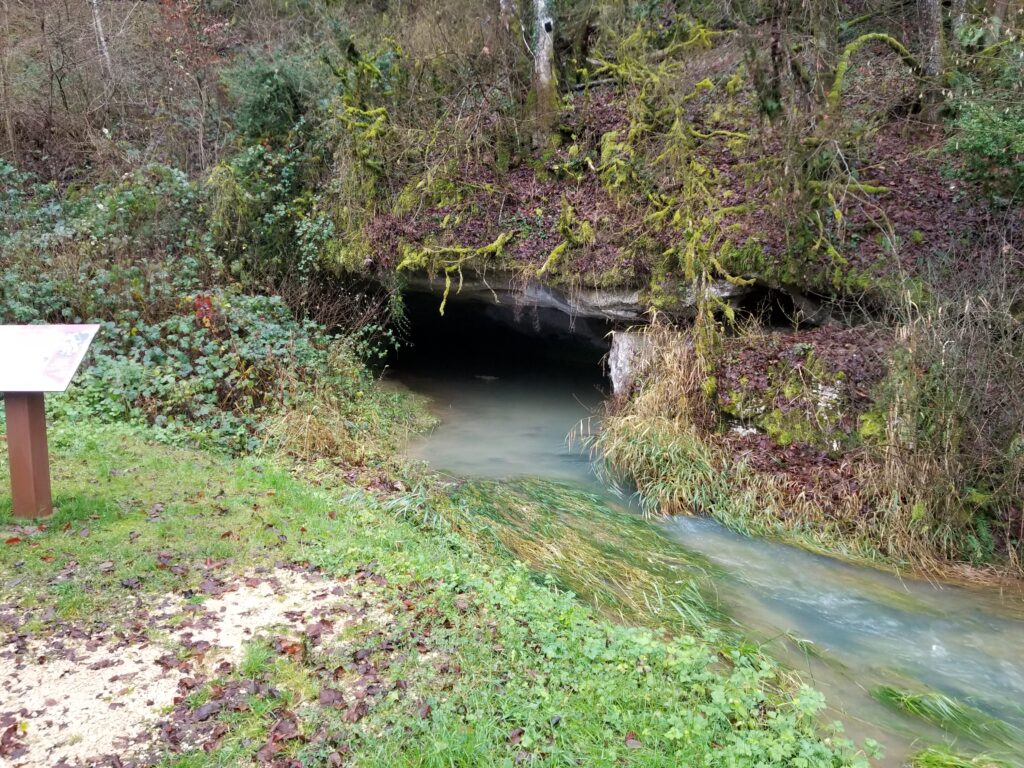
Earth surface process reconstructions

Terrestrial ecosystems play an important role in the modulation of the global carbon cycle. It is still highly uncertain how terrestrial ecosystems will respond to ongoing anthropogenic warming, due to their complexity and spatial heterogeneity.
Speleothems are fed by drip water, which percolates through the soil, and therefore they can retain information on ecosystem conditions in the Critical Zone at the time of their deposition. Together with the information on past climate, this allows me to investigate the local ecosystem response to past periods of climate change at high temporal resolution and chronological accuracy.
In my SNSF Ambizione project (2020-2024 at the University of Bern) I have developed a novel proxy based on carbon isotope measurements on speleothem organic matter. Organic carbon entrapped in speleothems is likely sourced from the soil and vegetation at the surface and processed during its transport through the karst massiv, and thus provides a tracer for surface and subsurface ecosystem conditions. This project is giving us unprecedented insight into the dynamics and isotopic signature of DOC and DIC in the unsaturated zone over past periods of climate change.